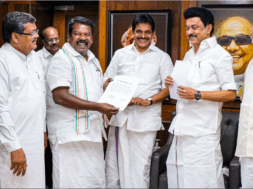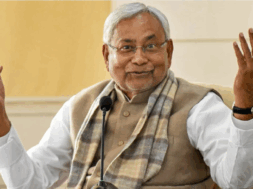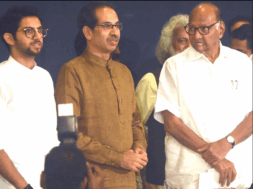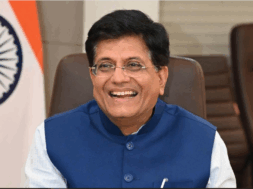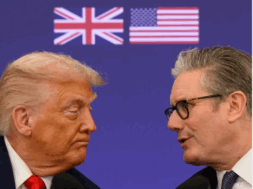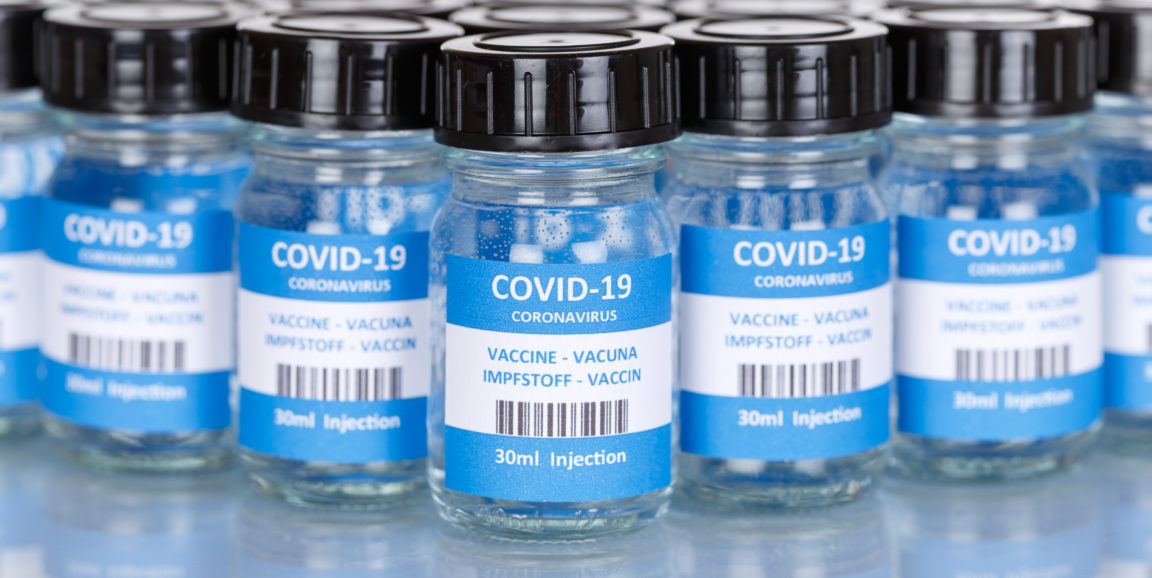
Covid-19: Two More vaccines, One Anti-Viral Pill Approved for Emergency Use in India
Manas Dasgupta
NEW DELHI, Dec 28: Two more vaccines will be available in India in the basket of vaccines for the government’s mass immunization programme while for the first time an antiviral drug has been approved by the centre for the treatment of Coronavirus disease in the country.
The government also on Tuesday directed the states and union territories not to insist on doctors’ certificates for administering “precautionary dose” to the frontline workers and 60 plus population with co-morbidities. The adults with co-morbidities are already expected to have sought the medical advice before turning up for the third dose, the government said and directed that only condition laid for the precautionary dose was that it should be administered at least 39 weeks after the second dose was taken by the patient.
In another development, Delhi Chief Minister Arvind Kejriwal on Tuesday said that due to rising Omicron cases, a Yellow alert for Covid-19 has been implemented in the capital. Cinemas, banquet halls, auditoriums, spas, gyms and entertainment parks will remain shut. Restaurants, bars will be opened at 50 per cent capacity till 10 pm and there will be a complete ban on all kinds of gatherings.
India’s Omicron cases went up to 653 on Tuesday, with the highest being reported from Maharashtra at 167, followed by Delhi with 165 cases, Kerala 57, Telangana 55 and Gujarat at 49. Meanwhile, the country recorded 6,358 new covid-19 infections in the last 24 hours. Active cases currently stand at 75,456 while the recovery rate is at 98.90 per cent.
The union health minister Mansukh Mandaviya announced on Tuesday that two more vaccines, Corbevax to be made by Hyderabad-based Biological-E, a protein sub-unit vaccine and Covovax, to be manufactured by Serum Institute of India, Pune, a nanoparticle-based vaccine had been approved for emergency use authorization while an anti-viral drug Molnupiravir had also been given approval for treating the certain Covid patients in the country. Currently, India uses Covishield, Covaxin and Sputnik V in its vaccination programme.
Corbevax is co-developed by Biological E, Baylor College of Medicine in Houston, United States, and American company Dynavax Technologies, while Covovax is produced by the Serum Institute of India under licence from Novavax, a U.S.-based biotechnology company. Covovax has been approved by the World Health Organisation (WHO) under its Emergency Use Listing and, therefore, will also be available globally as part of the COVAX initiative to ensure that at least 40% of world is vaccinated on priority.
Biological E. Limited plans to complete production at a rate of 75 million doses of its Covid-19 vaccine Corbevax per month, anticipating over 100 million doses per month from February 2022 which will enable the city-based company to deliver 300 Million doses as promised to the Centre, BE said on Tuesday.
Corbevax, India’s first indigenously developed protein sub-unit vaccine against the virus, received the approval from the Drugs Controller General of India (DGCI) today, it said. According to a press release issued by the vaccine maker soon, the company plans to deliver more than one billion additional doses globally.
Molnupiravir, that was approved this month by the U.S. Food and Drugs Administration (U.S. FDA), on the heels of Paxlovid by Pfizer Inc, is said to be a promising drug for those with mild and moderate disease and also easily administered as a pill. Thirteen companies in India are set to manufacture this drug. It has been approved under emergency use authorisation for treating adults with COVID-19 “who have high risk of progression to disease”.
The U.S. FDA in a recent statement said because Molnupiravir works by introducing genetic errors into the virus, it ought to be prescribed with caution and was not recommended as a preventive and only in “certain adults” in whom alternative COVID-19 treatment options authorised by the FDA were not accessible or clinically appropriate. Paxlovid is yet to be approved in India.
Cipla, one of the licensee, said in a statement that it planned to launch Molnupiravir under the brand name Cipmolnu. There were no details available on when these vaccines would be included in India’s vaccination programme.
Prime Minister Narendra Modi had announced on Saturday that from January 3 those aged 15-17 would be eligible for Covaxin. Healthcare workers, frontline workers and those above 60 with comorbidities who have already got two shots will be eligible for a third dose from January 10. There are no studies so far to show how effective the new vaccines will be in giving protection against symptomatic infection when employed as a third dose though the WHO’s general observation is that same or mixed vaccine regimens “improve immunological response” are better protective against disease and death.
In June the Centre had said it had “reserved” 30 crore doses of Corbevax. Though early trials had shown the vaccine to be safe and capable of eliciting an immune reaction, no results are yet available on its efficacy. In June, results from a Phase 3 clinical trial of Novavax enrolling 29,960 adult volunteers in the U.S. and Mexico showed that the vaccine demonstrated 90.4% efficacy in preventing symptomatic COVID-19 disease. It also showed 100% protection against moderate and severe disease.
About the frontline workers and senior citizens with co-morbidities, the union health secretary Rajesh Bhushan said personnel to be deployed in election duty in the poll-bound states will be included in the category of frontline workers. Eligibility of such beneficiaries for the precaution dose will be based on the date of administration of 2nd dose as recorded in the Co-WIN system — completion of nine months i.e. 39 weeks from the date of administration of second dose, Bhushan said.
He informed that CoWIN will send reminder messages to all those eligible for precaution dose, which will be reflected in digital vaccination certificates. Bhushan chaired a workshop through video conference on Tuesday with all states and UTs to review the roll-out of vaccination for the age group 15-18 and precautionary third dose for vulnerable categories — healthcare workers (HCW), frontline workers (FLW) and those in the 60-plus age group with co-morbidity.
He said only Covaxin is to be administered in the age group 15-18 years and that additional doses of the vaccine will be sent to all states and UTs. The Union Government will share the supply schedule of Covaxin with all the states and UTs in the next few days, he said.
Potential beneficiaries can either register themselves on Co-WIN from January 1 or avail of a walk-in registration when vaccination commences from January 3. Those with a birth year of 2007 or before will be eligible for vaccination under this category, he said.
All established protocols regarding vaccination are to be followed for the 15-18 years age group, beneficiaries are to wait for half-an-hour when they will be monitored for AEFI and will be eligible for the 2nd dose only after 28 days, according to a health ministry statement.
States were informed that they have the option to designate some COVID Vaccination Centre for vaccination of the 15-18 age group exclusively which can also be reflected on Co-WIN. Dedicated CVCs would ensure that there is no confusion in administering the vaccines.
Drawing attention to the misinformation regarding the requirement of a doctor’s certificate to establish co-morbidity, Bhushan categorically emphasised that the Union government had not issued any directions on the matter and prescriptions/certificates were not mandated to be produced at the vaccination centre for administration of the precaution dose. He also clarified that all citizens irrespective of their income status are entitled to free COVID-19 vaccination at government vaccination centres. Those who have the ability to pay are encouraged to use private hospitals’ vaccination centres. The previously declared price for each vaccine at private centre will remain applicable for these group of beneficiaries, Bhushan said.
All such healthcare workers and frontline workers who are for any reason presently registered on the Co-WIN system as citizens and are aged less than 60 years will have to get their status appropriately assigned to HCW/FLW to avail the precaution dose. However, in order to do so they must produce the employment certificate in prescribed format.
